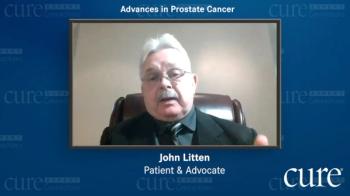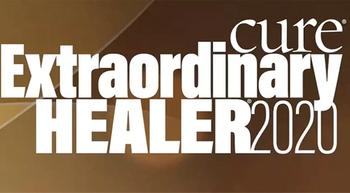
View the entire Extraordinary Healer® Award for Oncology Nursing virtual presentation here!

View the entire Extraordinary Healer® Award for Oncology Nursing virtual presentation here!

Watch the entire Ovarian Cancer Heroes program right here!
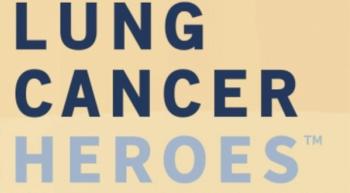
Watch the entire Lung Cancer Heroes program here!

Follicular lymphoma treatment options are changing, and according to one expert, immunotherapy could become a major part of therapy sequencing.

View the full CURE® Educated Patient® Summit on Prostate Cancer here!
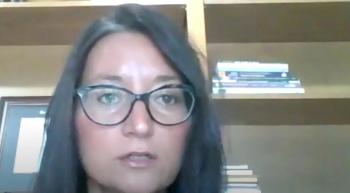
Dr. Kami J. Maddocks discusses the importance of effective treatments for patients with aggressive follicular lymphoma and the treatment challenges they face.
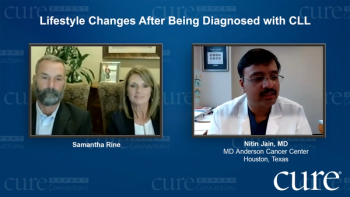
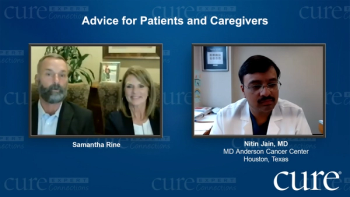
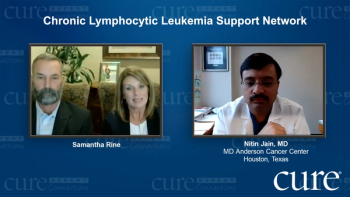
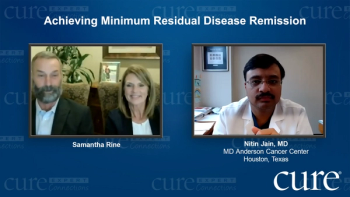
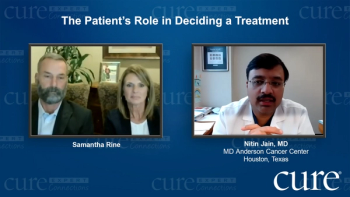
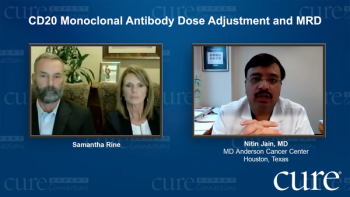
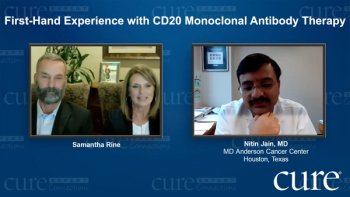
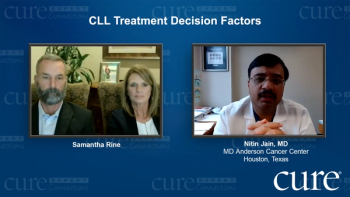
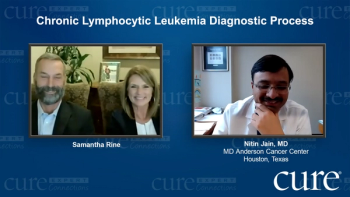
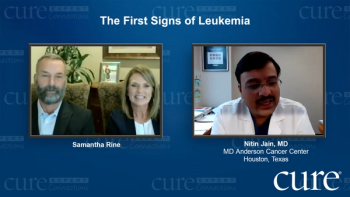
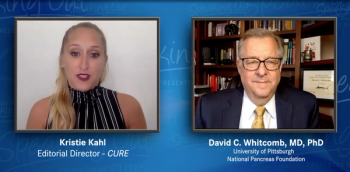
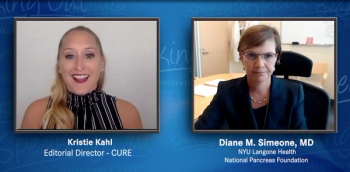



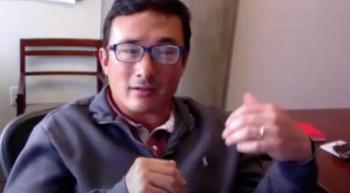
Cancer-treatment induced dry mouth can lead to several severe health issues. Here, Dr. Randy Kimple discusses how the side effect can lead to dental health issues, as well as other health consequences including pneumonia.

Join us for our Chronic Lymphocytic Leukemia webinar where experts discuss CLL information highly relevant to patients, caregivers and advocates right now. Participants will have the opportunity to submit questions to be answered live by our expert panel.
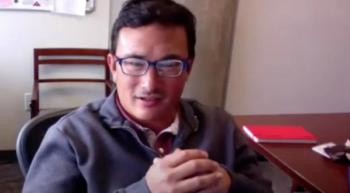
Outside of drinking plenty of water or avoiding foods that can induce dry mouth, Dr. Randy Kimple notes that there are very few effective treatments for patients who experience cancer treatment-related dry mouth.

Cancer survivor offers his advice to the newly diagnosed as they start their treatment journey.
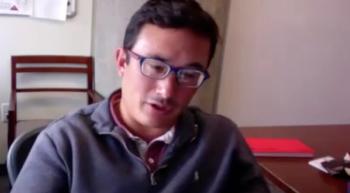
Dry mouth is a common cancer treatment-related side effect for patients, but a new experimental therapy could help with that.

Larry Whipple had to travel 1,500 miles from his hometown for a second opinion after he was diagnosed with advanced lung cancer, but through the course of his treatment he had to remain in isolation to avoid further illness.
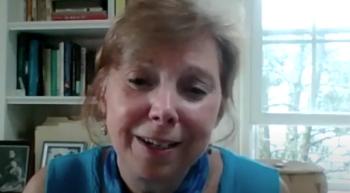
In an interview with CURE®, the president of the National Center for Health Research elaborates on the effort to protect patients from potentially serious side effects associated with getting breast implants, including breast implant-associated anaplastic large cell lymphoma.
